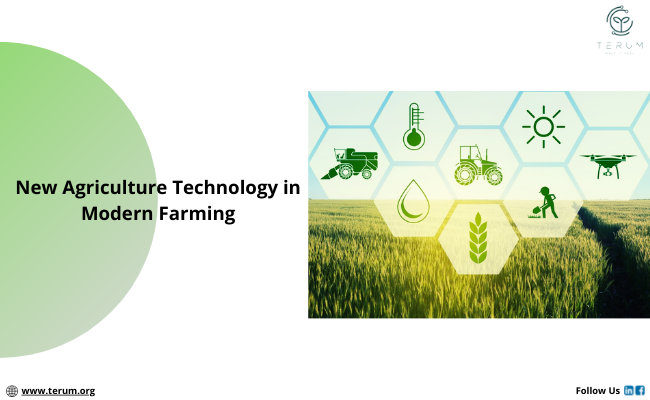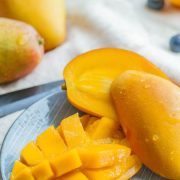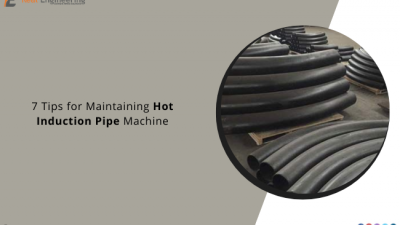In modern agriculture, innovation is more crucial than ever. The sector has suffered significant issues, including growing supply costs, labor shortages, and shifting consumer desires for ecological sustainability. Agriculture firms increasingly recognize the need for answers to these problems. As a result, agriculture technology has witnessed a massive increase in investment over the previous ten years.
It is with 6.7 billion dollars in the last five years and $1.9 billion invested in the previous year alone. Indoor organic agriculture, robotics and automation, livestock equipment, current greenhouse methods, farming, artificial intelligence, and blockchain have all seen significant technological advancements and effects of modern agriculture in the industry.
Indoor organic agriculture can boost crop yields, overcome land constraints, and potentially lessen farming’s environmental effect by shortening supply chain distances. Indoor agriculture produces vegetables in a closed and regulated environment, layered one on top of the other. Compared to older farming practices, using vertically placed growing shelves considerably decreases the amount of ground space required to cultivate plants.
Farm automation
Farm automation, sometimes known as “smart farming,” is a technology that improves farm efficiency by automating the crop or animal agriculture cycle. Drones, autonomous tractors, automated extractors, controlled watering, and seeding robots are all being developed by a growing number of companies. Although these technologies are still relatively new, many native agriculture enterprises are incorporating farm robotics into their operations to know the effects of modern agriculture.
Modern agriculture has been revolutionized by technological developments ranging from robotics and robots to computer vision software. The primary purpose of farm automated systems is to take care of the more routine duties. Harvest automation, independent tractors, planting and weeding, and drone are just a few of the primary technology used by farms today.
Farm automation technology handles essential concerns such as population growth, labor shortages on farms, and shifting consumer demands. The advantages of automating conventional farming processes are enormous, as they address problems such as consumer preferences, labor shortages, and farming’s environmental footprint.
Livestock Technology
Livestock technology can help increase or improve animal and livestock productivity, welfare, and management. As more dairy herds are linked with technology to detect heath and boost output, the idea of the “connected cow” has emerged. Individual wearable technologies on cattle can measure everyday activities and health issues while offering data-driven information for the whole herd. All of this data is being transformed into valuable, actionable insights for producers to look at quickly and efficiently to make timely management decisions.
The existing livestock sector can significantly benefit from sensor and data technologies. It can increase cattle productivity and welfare by identifying sick animals and recognizing areas for improvement. Computer vision enables us to collect a wide range of unbiased data that can be synthesized into valuable, actionable insights. Data-driven decision-making leads to more innovative, more effective, and timely decisions, which improve animal herd productivity.
Modern Greenhouse
In the past few decades, the greenhouses industry has evolved from small-scale research and aesthetic facilities (such as botanic gardens) to much larger-scale facilities that directly compete with land-based traditional food production. The global greenhouse market generates about $billion in vegetables yearly, with the United States accounting for less than 1% of that total.
The sector is currently booming like never before, thanks in large part to great recent advances in growing technology. Huge, capital-infused, and urban-centered greenhouses are becoming more common today.
The final thoughts
Agriculture is changing, and automation is becoming an increasingly important aspect of every farm located. Precision agriculture firms are developing technology that will allow farmers to maximize yields by managing every aspect of crop production, including humidity levels, bug stress, soil quality, and microclimates. Precision agriculture allows farmers to boost efficiency and minimize expenses by providing more precise strategies for seeding and growing crops.
Read More:



















